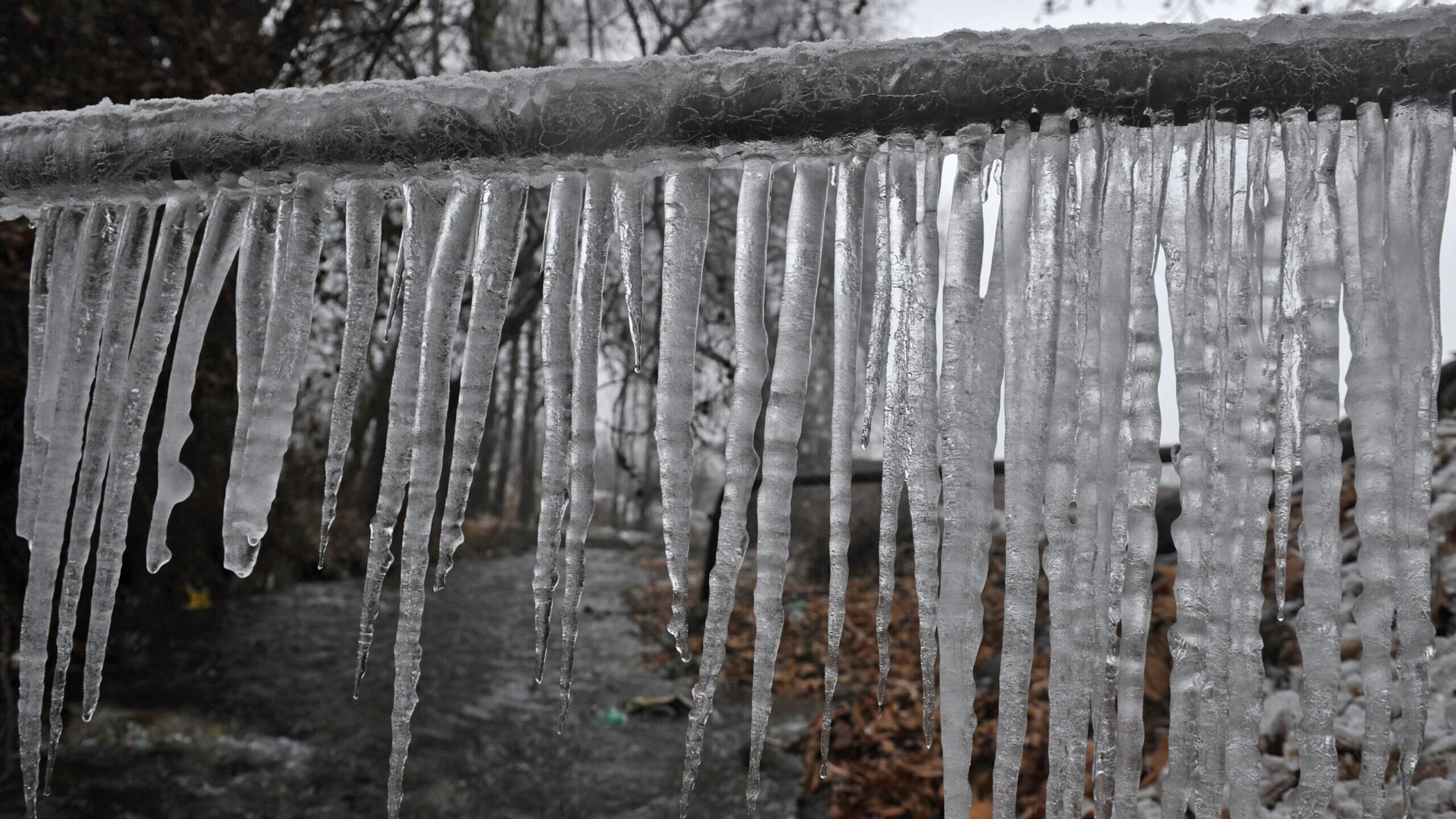Important Advice to Prevent Frozen Pipes in Winter
Important Advice to Prevent Frozen Pipes in Winter
Blog Article
The article further down pertaining to Winter Plumbing Precautions: Preventing Frozen Pipes is incredibly captivating. Don't overlook it.

Cold weather can wreak havoc on your plumbing, particularly by freezing pipes. Right here's exactly how to prevent it from occurring and what to do if it does.
Intro
As temperatures decrease, the risk of frozen pipes rises, potentially resulting in expensive fixings and water damage. Understanding exactly how to prevent frozen pipes is vital for property owners in cool environments.
Prevention Tips
Insulating prone pipes
Cover pipelines in insulation sleeves or make use of heat tape to shield them from freezing temperature levels. Concentrate on pipelines in unheated or outside areas of the home.
Heating techniques
Maintain interior areas properly heated up, particularly areas with plumbing. Open closet doors to permit warm air to circulate around pipelines under sinks.
Just how to determine frozen pipelines
Try to find lowered water circulation from taps, uncommon smells or sounds from pipes, and visible frost on exposed pipes.
Long-Term Solutions
Architectural adjustments
Consider rerouting pipelines far from exterior walls or unheated areas. Add extra insulation to attic rooms, basements, and crawl spaces.
Upgrading insulation
Invest in high-quality insulation for pipes, attic rooms, and wall surfaces. Correct insulation aids preserve consistent temperature levels and decreases the threat of frozen pipelines.
Protecting Outside Pipes
Garden pipes and outdoor faucets
Detach and drain pipes garden hoses before winter. Set up frost-proof faucets or cover exterior taps with shielded caps.
Comprehending Frozen Pipelines
What triggers pipes to freeze?
Pipes ice up when revealed to temperature levels listed below 32 ° F (0 ° C) for extended durations. As water inside the pipes ices up, it expands, putting pressure on the pipe wall surfaces and possibly creating them to break.
Dangers and problems
Icy pipelines can bring about supply of water interruptions, home damages, and pricey fixings. Ruptured pipes can flooding homes and cause considerable architectural damages.
Signs of Frozen Pipes
Identifying frozen pipelines early can prevent them from rupturing.
What to Do If Your Pipelines Freeze
Immediate activities to take
If you suspect frozen pipelines, keep taps open to relieve pressure as the ice thaws. Use a hairdryer or towels soaked in warm water to thaw pipelines slowly.
Conclusion
Preventing frozen pipes requires positive steps and fast responses. By comprehending the reasons, signs, and preventive measures, house owners can shield their plumbing during winter.
6 Proven Ways to Prevent Frozen Pipes and Protect Your Home
Disconnect and Drain Garden Hoses
Before winter arrives, start by disconnecting your garden hoses and draining any remaining water. Close the shut-off valves that supply outdoor hose bibs and leave the outdoor faucet open to allow any residual water to drain. For extra protection, consider using faucet covers throughout the colder months. It’s also important to drain water from any sprinkler supply lines following the manufacturer’s directions.
Insulate Exposed Pipes
Insulating your pipes is an effective way to prevent freezing. Pipe insulation is readily available at home improvement stores and is relatively inexpensive. Pay close attention to pipes in unheated areas such as the attic, basement, crawl spaces, or garage. Apply foam insulation generously to create a buffer against the cold. You can also wrap your pipes in heat tape or thermostat-controlled heat cables for added warmth.
Seal Air Leaks
Inspect your home for any cracks or openings that could let in cold air. Seal any holes around the piping in interior or exterior walls, as well as the sill plates where your home rests on its foundation. Additionally, make sure to keep your garage door closed unless you’re entering or exiting. Leaving it open creates a significant air leak that can lead to frozen pipes.
Allow Warm Air Circulation
During cold snaps, it’s essential to allow warm air to circulate evenly throughout your home. Leave interior doors ajar to promote better airflow. Open kitchen and bathroom cabinets to help distribute heat consistently around the rooms. If you have small children or pets, be sure to remove any household chemicals or potentially harmful cleaners from open cabinets for safety.
Let Faucets Drip
A small trickle of water can make a big difference in preventing ice formation inside your pipes. When temperatures drop significantly, start a drip of water from all faucets served by exposed pipes. This continuous flow helps prevent the water from freezing. Additionally, running a few faucets slightly can relieve pressure inside the pipes, reducing the chances of a rupture if the water inside does freeze.
https://choateshvac.com/6-proven-ways-to-prevent-frozen-pipes-and-protect-your-home/

Do you enjoy more info about Winter Plumbing Precautions: Preventing Frozen Pipes? Make a remark down the page. We would be happy to hear your suggestions about this page. In hopes that you visit us again soon. Do you know another individual who is very much interested in Prevent Frozen Pipes ? Do not hesitate to share it. Thank-you for taking the time to read it.
Request Estimate Report this page